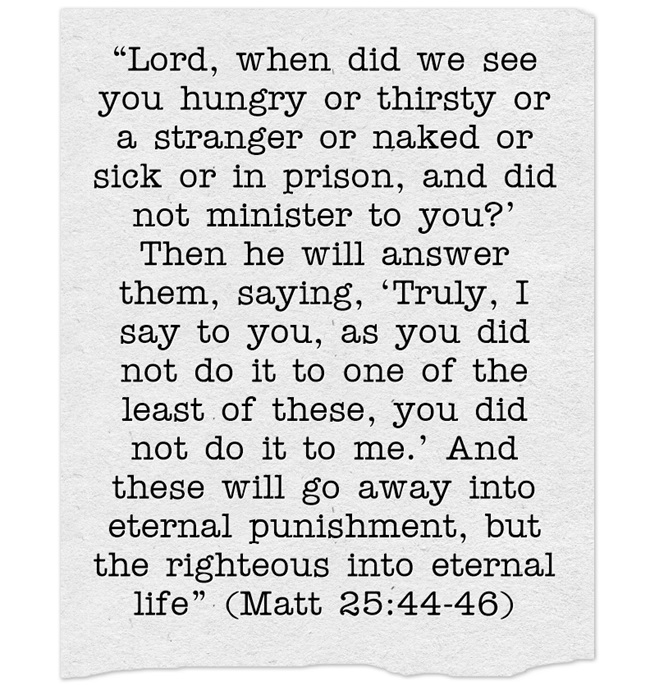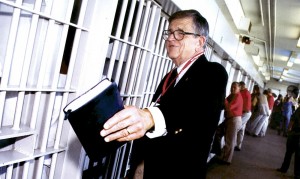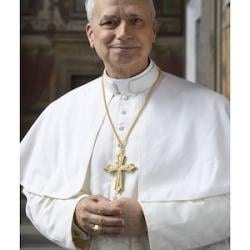- Trending:
- Pope Leo Xiv
- |
- Israel
- |
- Trump
- |
- Social Justice
- |
- Peace
- |
- Love
Evangelicals and the AIDS Crisis
 When the HIV/AIDS crisis first developed, some American evangelicals viewed the virus as a kind of intrinsic biological judgment against those who indulged in sexual promiscuity (especially homosexual promiscuity) and drug abuse. Some still promote this idea. Yet at the other end of the spectrum, evangelicals were closely involved in creating the President's Emergency Plan for AIDS Relief (PEPFAR), which has dramatically reduced the spread of AIDS in Africa and saved over a million lives. Launched in 2003 by President George W. Bush, and renewed with broad support in 2008, PEPFAR is arguably the largest effort ever by a single country to combat a single disease.
When the HIV/AIDS crisis first developed, some American evangelicals viewed the virus as a kind of intrinsic biological judgment against those who indulged in sexual promiscuity (especially homosexual promiscuity) and drug abuse. Some still promote this idea. Yet at the other end of the spectrum, evangelicals were closely involved in creating the President's Emergency Plan for AIDS Relief (PEPFAR), which has dramatically reduced the spread of AIDS in Africa and saved over a million lives. Launched in 2003 by President George W. Bush, and renewed with broad support in 2008, PEPFAR is arguably the largest effort ever by a single country to combat a single disease.
How is the story of evangelicalism and AIDS best told? Were those who described AIDS as "God's punishment for homosexuals" (Jerry Falwell) extreme voices, or widely representative? Have attitudes changed? Is PEPFAR a story of successful evangelical political engagement, an effective use of government for the sake of the poor? Or is the evangelical relationship with PEPFAR and other anti-AIDS initiatives more complex? Have evangelical attitudes toward AIDS changed, and is eliminating the spread of the disease one of the "great objects" for evangelicals today?
Share:











